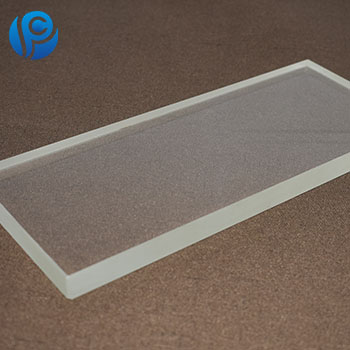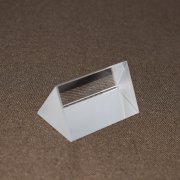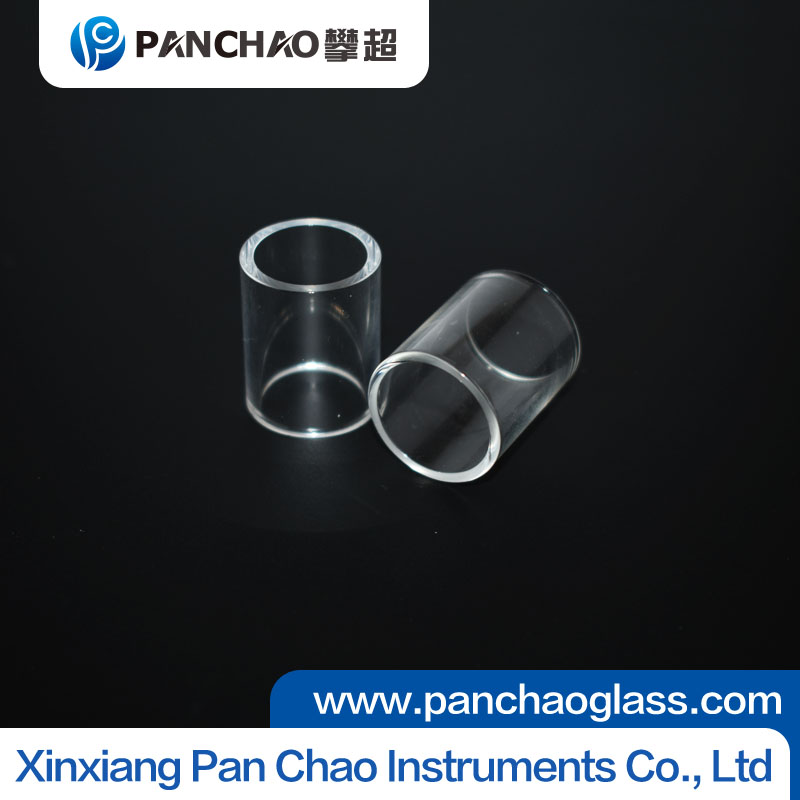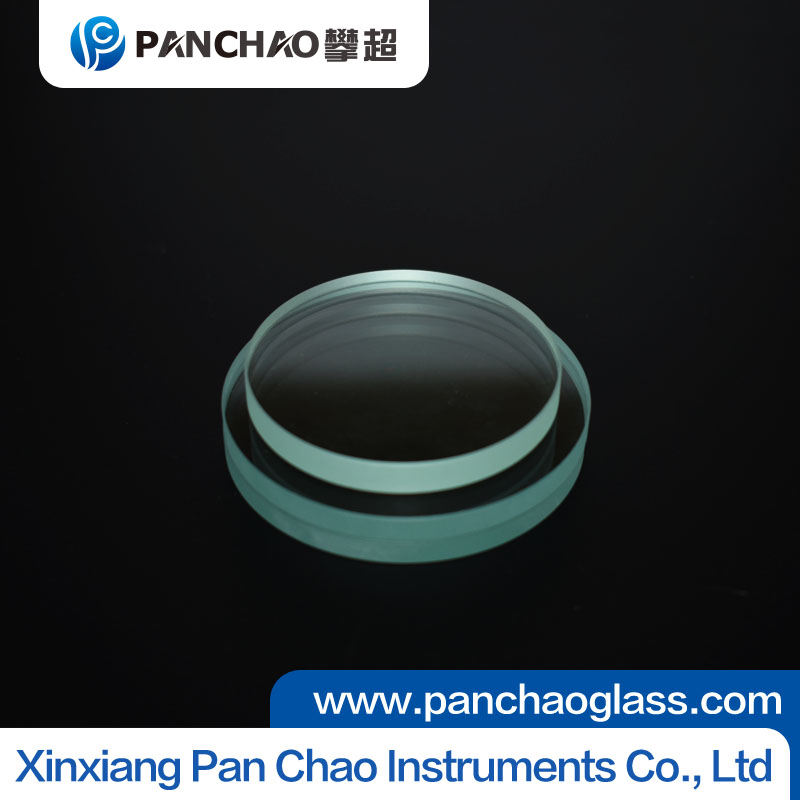
Industrial Applications of Sight Glass: The Transparent Guardian Under High Pressure and Temperature
In the demanding environments of modern industry, sight glass serves as a vital component for process observation and control. Often called a “transparent guardian,” this small but powerful device allows operators to visually monitor the internal conditions of pressurized systems, such as tanks, pipelines, reactors, and boilers—without opening or disrupting the process.
Sight glass is used extensively in industries like chemical processing, pharmaceuticals, food and beverage, oil & gas, power generation, and more. It provides clear visibility of liquid levels, flow conditions, color, and clarity, ensuring safety, product quality, and system efficiency.
What sets sight glass apart is its ability to withstand high pressure and temperature. Depending on the application, sight glasses are made from borosilicate glass, quartz, or tempered glass—materials known for their exceptional resistance to thermal shock, mechanical stress, and corrosive chemicals. Some units are reinforced with metal frames or fused with stainless steel for added durability.
In harsh industrial conditions, these glasses may face pressures up to 100 bar and temperatures exceeding 300°C (572°F). That’s why strict design standards and certifications (such as DIN, ISO, or ASME) are essential for safe and reliable operation.
To ensure long-term performance, regular inspection and maintenance are key. This includes checking for cracks, scratches, gasket integrity, and signs of pressure leakage.
Conclusion
Sight glass may appear simple, but it plays a critical role in ensuring safe and efficient operations in high-risk environments. As a transparent interface between human control and automated processes, it offers unmatched reliability and visibility—even under the most extreme industrial conditions.
Related articles
- From Boilers to Chemical Tanks: The Critical Role of Sight Gl
- Industrial Applications of Sight Glass: The Transparent Guard
- Tempered Glass vs. Regular Glass: What’s the Difference?
- Tempered Glass Cannot Be Cut? A Closer Look at Its "Irrever
- Why Tempered Glass is Essential for Building Curtain Walls
- Tempered Glass vs. Regular Glass: A Safety Showdown
- The Self-Protection Mechanism of Tempered Glass: Why It Crumb
- From Ordinary to Tempered: A Glass's "Trial by Fire" Tran
- Choosing the Right Tempered Glass Thickness for Every Need
- 3 Key Advantages of Custom Tempered Glass You Should Know

Xinxiang Pan Chao Instruments Co., Ltd.
Tel: +86 13343800331
Contact person:Carrie Niu
Fax: 0373 303 0331
Email:sales@panchaoglass.com






